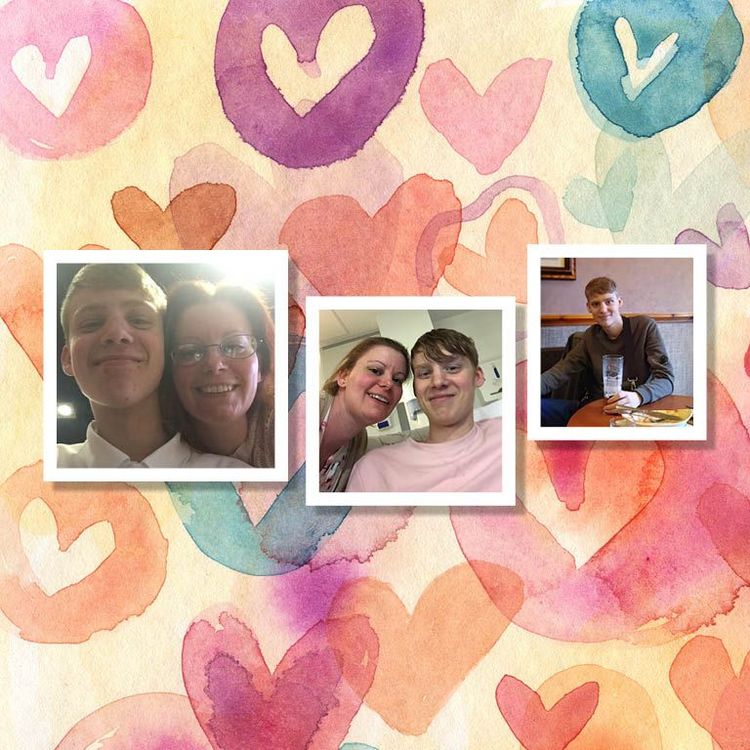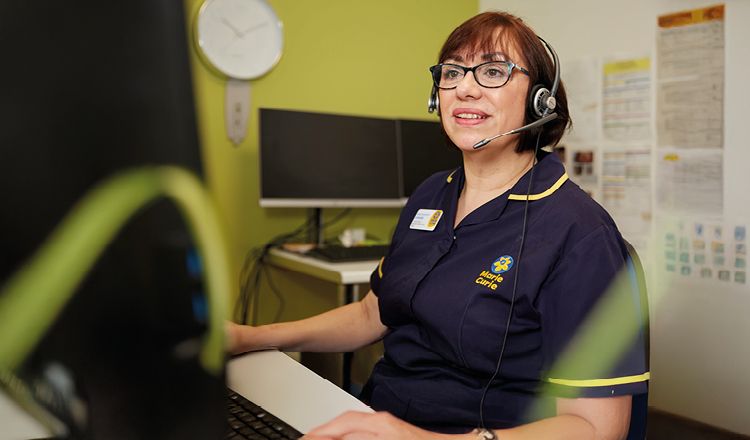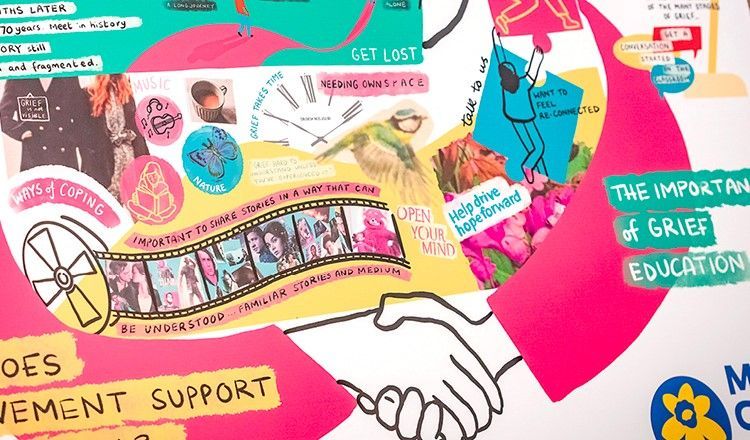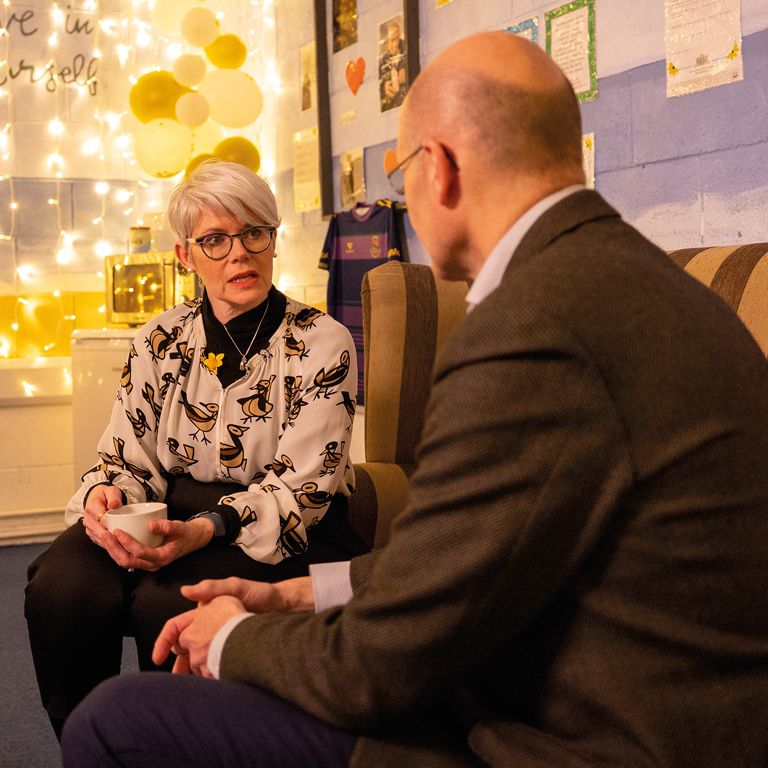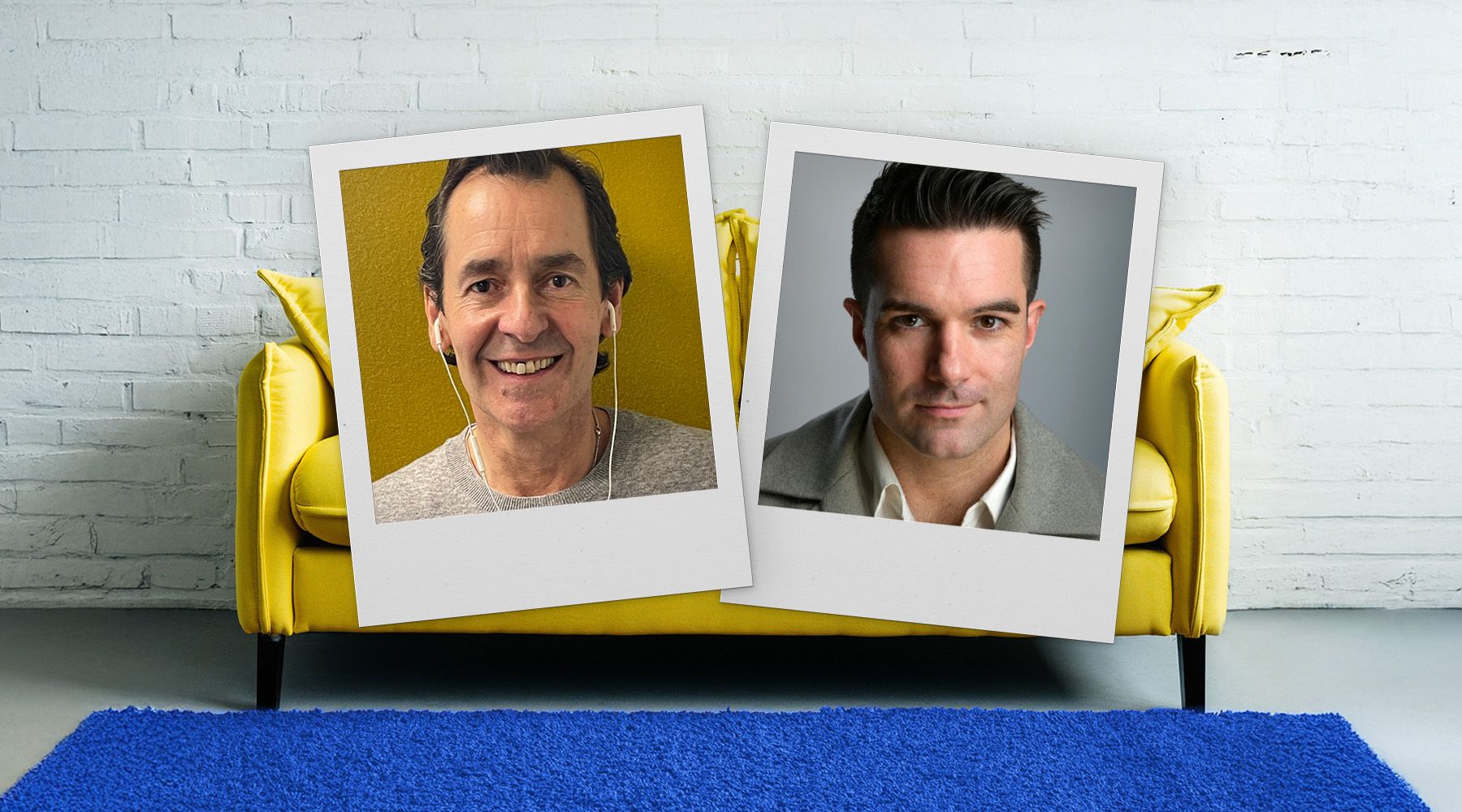Sharon Jenkins, 43, is a bereavement counsellor for Marie Curie in Wales. In 2019, her 19-year-old son, David, died from complications of a heart condition. Here, she shares her own experience of grief, how it's shaped her work, and the emotional challenges she faces each Mother's Day.
If I could describe Mother’s Day in one word it would be 'confusion'.
For me, as both a mother and a daughter, Mother’s Day used to be a time for appreciating the mother who raised me and spending time with my own children, who would choose a card or make one for me to tell me they loved me.
All that changed for me in 2020. My eldest son, David, died just before Christmas in 2019. He had a heart attack when he was 17 as a result of an undiagnosed heart condition, and needed a heart transplant. While he was waiting, he contracted sepsis and pneumonia, and then his aortic valve began leaking. After emergency repair surgery, he suffered multiple bleeds on the brain and his life support had to be switched off. He survived for 20 months and 2 weeks from his heart attack until he died.
Conflicting emotions
On that first Mother’s Day without David, I was still raw in my grief. I wanted him to be there to tell me he loved me just one more time. At the same time, my younger son, Ben, wanted to buy me a card and a present. He chose to put both his and David’s name on the card that year (and of course the dog’s) and I spent the day crying and laughing and feeling guilty for both.
I felt guilt that I was crying for one son while spending time with the other; and guilt that I was laughing with one son while the other was dead. I also had to factor in my mother, who I appreciate and wanted to buy a card for. But the pain of going to the shops and buying a card, and the risk of seeing people I knew while I did so were too awful.
After that first year, Ben stopped putting his brother’s name on his Mother’s Day cards. He signs them from just him and the dog now, and I find that I’m ok with that. It doesn’t mean that I don’t miss David or that I don’t feel sad, but I also know that Ben wants to celebrate Mother’s Day. He says he loves that I’m brave and strong and that through everything, I’ve never let him down.
I certainly feel that I did let him down though, on many occasions, and I’ve even felt that I let his brother down by letting him die. For a long time, I felt that I was a bad mother. This, I’ve noticed in my work as a bereavement counsellor, is very common. When a child dies, no matter what age they are, people feel it’s not ‘the way it should be’. We expect to lose grandparents and eventually parents, but never our children. With time, I’ve come to accept that despite all the will in the world I couldn’t have made him better.
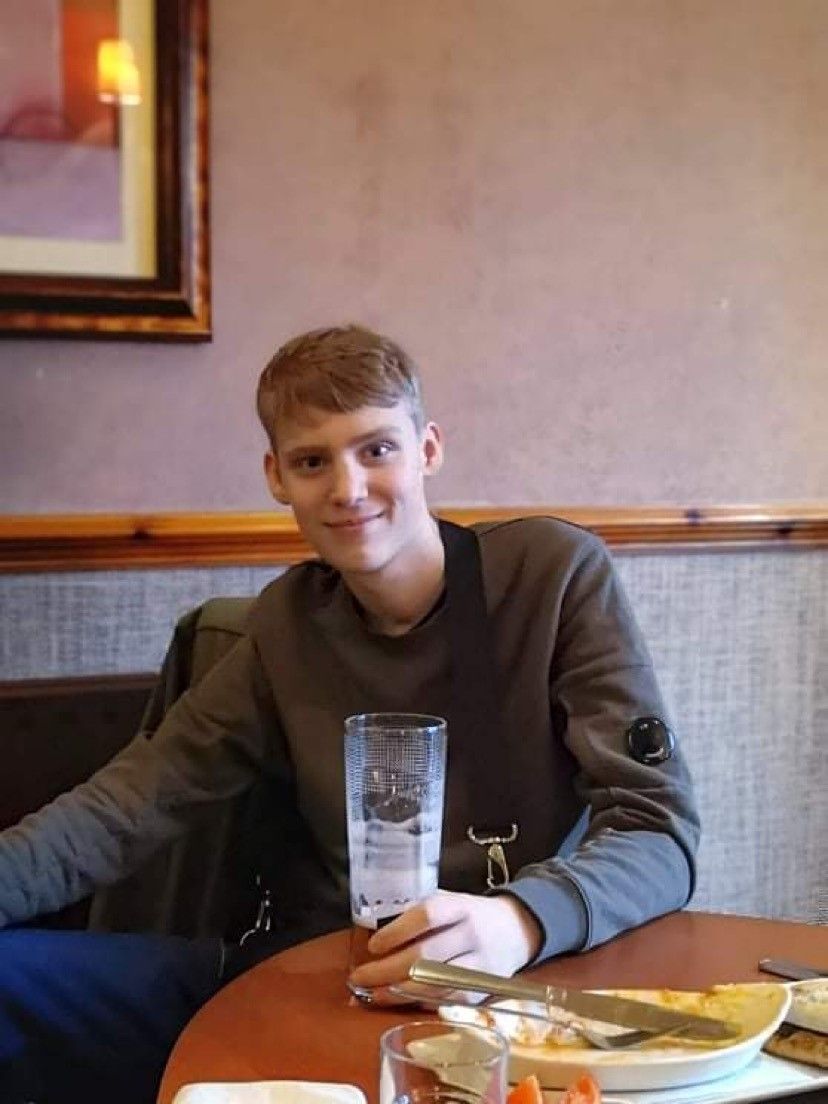
Sharon's son, David
Learning to cope
My grief has affected my work as a counsellor. Initially, I wasn’t able to do any bereavement work after David died. But, as time has passed, my passion for bereavement support has returned and my own experience of grief means I now have a deeper understanding of what bereavement is really like.
Working from home can make it difficult to switch off. When it comes to my own day-to-day self-care, I find that bringing myself out of ‘work mode’ into ‘home mode’ is essential.
Any exercise that focuses the mind and brings you back to the present moment is helpful too. Walking uses left-right motion, which activates the brain in the same way that trauma processing and REM sleep does.
Life has to go on and I find getting out of bed harder some days than others. Sometimes the littlest thing can make me cry. Not a day goes by that I don’t grieve for David or feel a moment of sadness. But I’m also able to remember happy memories and the important things we did together, and I hope in a small way that I make him proud.
I’m still the mother of two boys. Even though one is no longer physically present in my life, he most certainly is part of my life every day. He is talked about and remembered, and I even spend time talking to him about things that are going on, wishing he could be a part of them.
I worry that once I die, David’s memory will die too. But then I think of all the lives he touched and the friendships he had, and I’m proud. The pain of grief is with me, but it has got easier to manage and I know that he would want me to live, not just exist. And I still need to be Mum to Ben and give him a fulfilling life, supporting his opportunities in the same way I would if his brother were here.
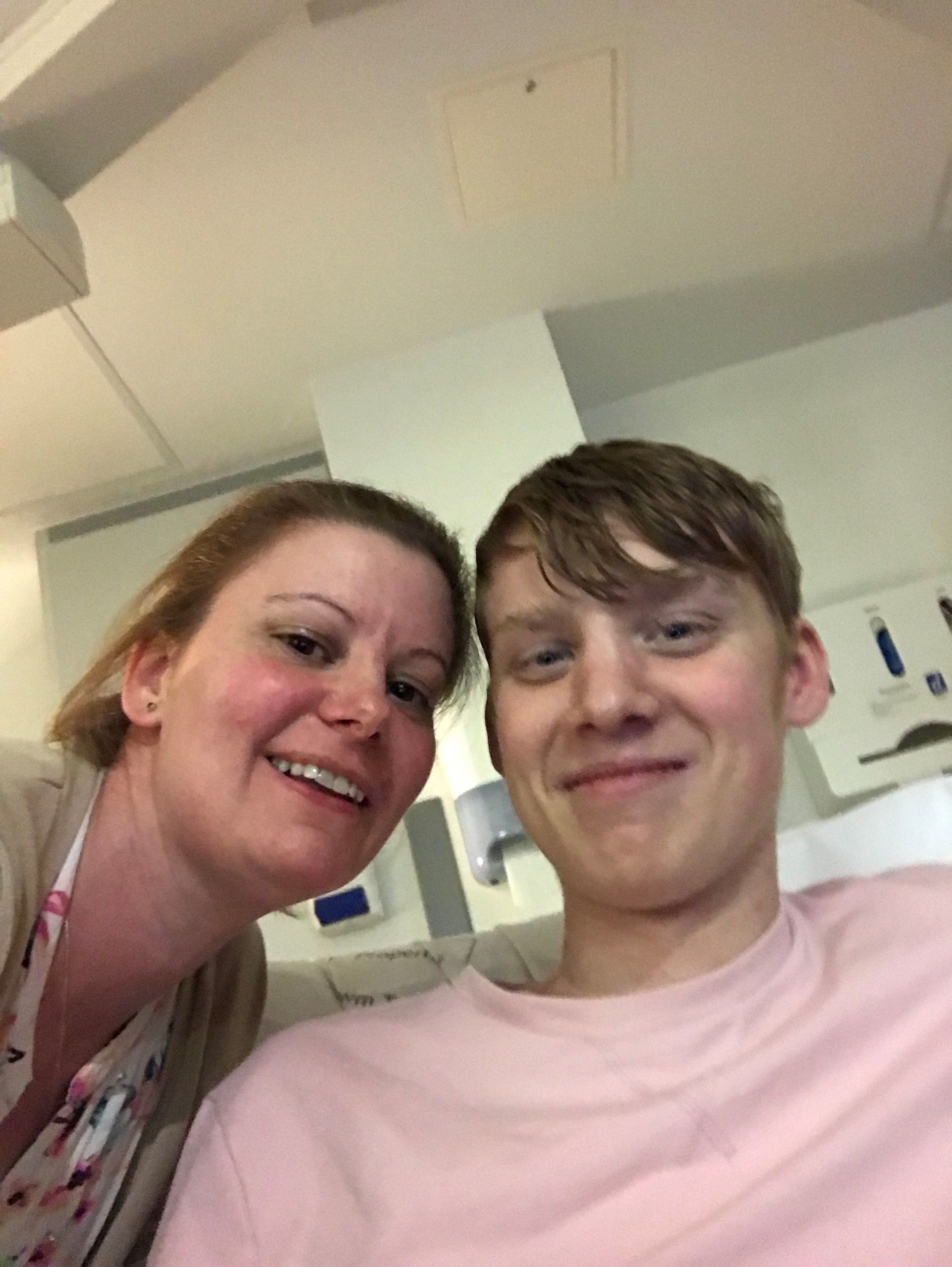
Yes, it’s hard to live without them. It’s hard to be a mother or a daughter or a sister or an aunt, or any of those roles that make me who I am when someone so significant is missing. But if I hadn’t had this experience, I wonder if I’d be doing what I do with Marie Curie.
If you need support with bereavement or grief, call the Marie Curie Support Line on 0800 090 2309 or visit www.mariecurie.org.uk/services/support-line
All rights reserved. Contact stories@mariecurie.org.uk for more information.
